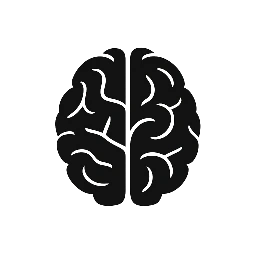
Anxiety is a common mental health condition that affects millions of people worldwide. While occasional worry or stress is a regular part of life, persistent and overwhelming anxiety can interfere with daily functioning and overall well-being. Recognising the signs of anxiety early and seeking intervention can significantly improve quality of life and prevent more severe complications. Here are 10 signs that you may benefit from early anxiety intervention:
- Excessive Worrying
If you find yourself worrying excessively about everyday situations, even when there is little or no reason for concern, this could be a sign of anxiety. Persistent worry that is hard to control can negatively impact your mental health. - Restlessness or Feeling On Edge
Feeling restless, keyed up, or on edge most of the time is a common symptom of anxiety. This can make it difficult to relax or enjoy leisure activities. - Difficulty Concentrating
Anxiety can interfere with your ability to focus or concentrate, making it challenging to complete tasks at work, school, or home. - Irritability
Increased irritability or frustration, even over minor issues, may indicate underlying anxiety. - Muscle Tension
Physical symptoms such as muscle tightness, headaches, or jaw clenching often accompany anxiety and can cause discomfort. - Sleep Disturbances
Trouble falling asleep, staying asleep, or experiencing restless and unsatisfying sleep may be linked to anxiety. - Avoidance of Social Situations
If anxiety leads you to avoid social interactions or activities you once enjoyed, it could be a sign that intervention is needed. - Panic Attacks
Experiencing sudden episodes of intense fear or discomfort, known as panic attacks, is a severe symptom that requires prompt attention. - Physical Symptoms Without Medical Cause
Recurring symptoms like rapid heartbeat, sweating, dizziness, or stomach upset without an identifiable medical reason can be related to anxiety. - Impact on Daily Life
When anxiety starts to interfere with your work, relationships, or daily routines, it is essential to seek help.
Early intervention for anxiety can include therapy, lifestyle changes, stress management techniques, and in some cases, medication. If you recognise these signs in yourself or a loved one, consider consulting a mental health professional. Addressing anxiety early can lead to better outcomes, improved coping skills, and a healthier, more fulfilling life.

Leave a Reply